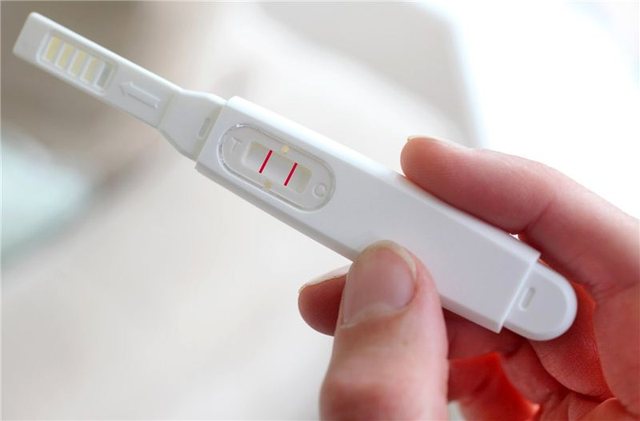
Known as pregnancy hormone, human chorionic gonadotropin (hCG) is a type of hormone produced in large quantities during pregnancy, with levels rising during the first 8 to 11 weeks of pregnancy, and which can be detected in the urine. of women with simple pregnancy tests that can also be done at home.
However, pregnant women are not the only ones producing it. Some cancers and other medical conditions can cause women and men to produce moderate to high levels of hCG.

The role of hCG in pregnancy
"HCG in its regular form is produced exclusively by a woman who is pregnant with special cells that become part of the placenta called syncytiotrophoblast. That's why we see this hormone at such high levels in pregnancy," says Dr. . Kristina Mixer.
She explains that during pregnancy, the primary role of hCG is to support the production of progesterone hormone by the ovaries until the placenta is sufficiently formed and can produce sufficient amounts of progesterone itself.

This is important because progesterone is absolutely essential for healthy reproduction. It is responsible for facilitating successful embryo attachment within the uterine cavity, modulating the immune system to prevent abortions, and suppressing uterine contractions.
Once you conceive, the body begins to produce hCG as soon as a fertilized egg enters the uterine wall, and it usually takes 8 - 14 days before the hCG levels are high enough to be detected by a home pregnancy test. . Most urine pregnancy tests will detect a pregnancy at the time of your first missed period.





